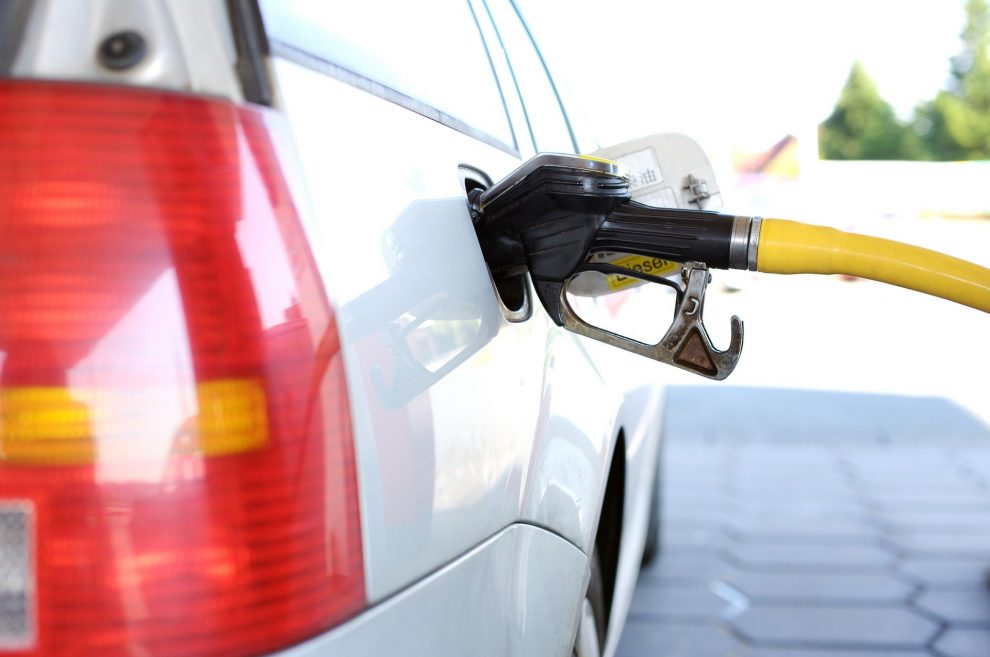The hike in fuel prices will not be steep enough to be a burden on the consumer
The Indian Oil Corporation (IOC), India’s largest oil marketing company, stated that the cost of fueling your vehicle with petrol and diesel is likely to rise by 1 April, 2020. This is keeping in line with the rollout of BS-VI (Bharat Stage Six) fuels complying with the ruling of the apex court of India.
“There will definitely be a marginal increase in retail prices of the fuels from April 1, when the whole country will run on new fuels, which have sulphur content of only 10 ppm (parts per million)” said Sanjeev Singh, the IOC Chairman, while addressing a gathering of reporters in Mumbai.
The hike in fuel prices will not be that steep, and will not be an added burden on the consumer. In fact, the fuel price hike will be marginal and aptly compensated by the rise in quality of fuels owing to the BS-VI transition. IOC has already started supplying BS-VI fuel to its dealers.
The IOC has invested a huge sum exceeding Rs.17,000 crore to enhance its refineries to produce low-sulphur diesel and petrol. HPCL (Hindustan Petroleum Corporation Limited, India) is all set with the new BS-VI fuels and will be selling only the upgraded fuels by 1 March, 2020.
State run oil marketing companies (OMCs) have invested around Rs. 35,000 crore to enable their respective refineries to be equipped to produce the upgraded fuels compliant with BS-VI norms. Refineries are draining out the entire BS-IV stock and refilling their inventories with BS-VI stock to aid the shift. The shift to BS-VI fuels is a national mandate that was imposed by the Supreme Court of India in 2018. According to this ruling, no Bharat Stage IV vehicle (cars, two wheelers and commercial vehicles) can be sold in India with effect from 1 April, 2020. India skipped BS-V norms completely and directly went from BS-IV to BS-VI.
The Bharat stage emission standards (BSES) are emission standards established by the Government of India (GoI) to control the output of air pollutants emitted by internal combustion engines (ICE) not limited to motor vehicles. These standards are based on European standards and were first inducted in the year 2000. The prime objective of implementing these norms is to reduce air pollution and its related effects. Although the new Bharat stage norms will mitigate air pollutants, they will also increase vehicle and fuel costs. However, this is a small price to pay as air pollution has been known to cause respiratory and cardiovascular diseases and even death in some extreme cases. The impact of air pollution on the health of people in India affects the GDP (gross domestic product) of the country by almost 3%. In a recent study, it was found that seven of the ten most polluted cities in the world, and 22 of the 30 most polluted cities in the world are located in India.
The BS-VI mandate is just a part of India’s efforts to transition to cleaner options in mobility. This is a precursor to the inevitable uptake of electric vehicles (EVs) in the country. The hazards of air pollutants on human health and their impact on the ecosystem are reasons enough to adopt clean mobility in the country with a greater sense of urgency and efficiency in the coming years.
Image by andreas160578 from Pixabay














Add Comment